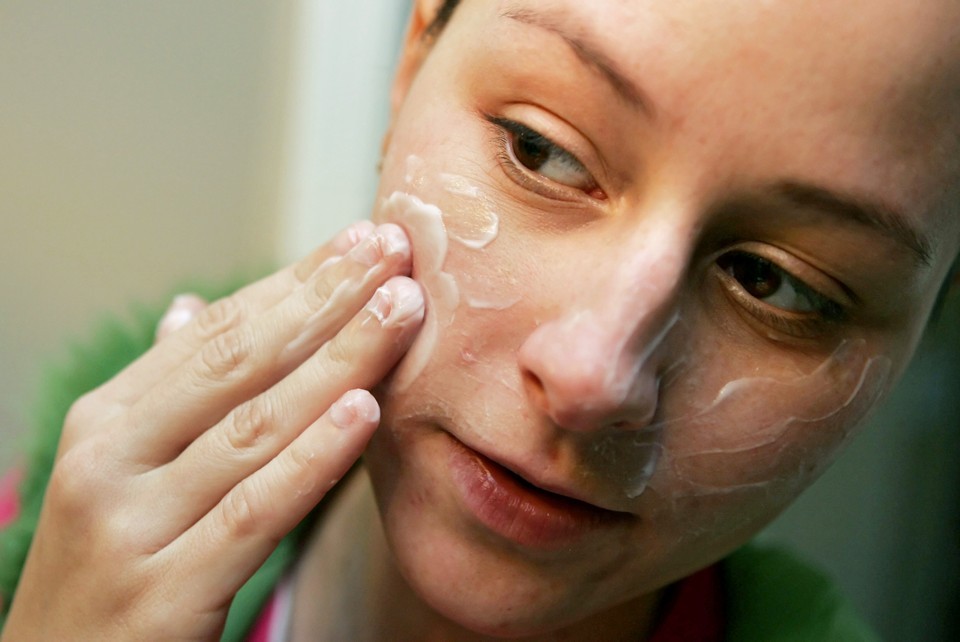London-American cosmetics companies have sought to develop ointments and medicines that contain beneficial microbes aiming to enhance the skin’s health and freshness, and to treat skin conditions such as acne and eczema.
These efforts come amid warnings by American scientists against these developments before accomplishing the studies and research related to the human microbial environment and its interaction with the skin.
Scientists said these developments sound nice, but the proof of benefit is lacking. The issue topped the latest volume of the “Chemistry & Engineering Magazine” issued by the American Chemical Society, the biggest scientific society in the world.
The magazine shed lights on projects launched by big and small companies to study the impact of microbes and their efficient factors on the skin health. Despite the lack of information available on the skin-related microbial environment, they focused on the possibility of filling some of these microbes in medicine containers to enhance the role of the ones that give benefit, and fight those that endanger the skin.
For example, the Yun Probiotherapy that is now entering the personal care market, incorporates “friendly” bacteria to help correct skin microbe imbalances, while AOBiome Company seeks to develop a product based on the results of a study on horses rolling in the dirt.
Those results point to a bacteria found in the dirt that can improve the body’s capacity in regulating inflammation, which will be beneficial for the human body and skin.
The magazine also said that companies including Johnson & Johnson, Procter & Gamble, and L’Oréal are developing microbe-based ointments too.
Scientists still study the microbiome in the human body. The microbes found in the human body count around 10,000. They weigh around two kilograms on the body of a 100-kg adult.
Scientists detected 8 million of microbial protein-coding genes found in the body, 360 times the number of human genes. The American project to study the microbiome spent $157 million between 2008 and 2013, according to the magazine.
